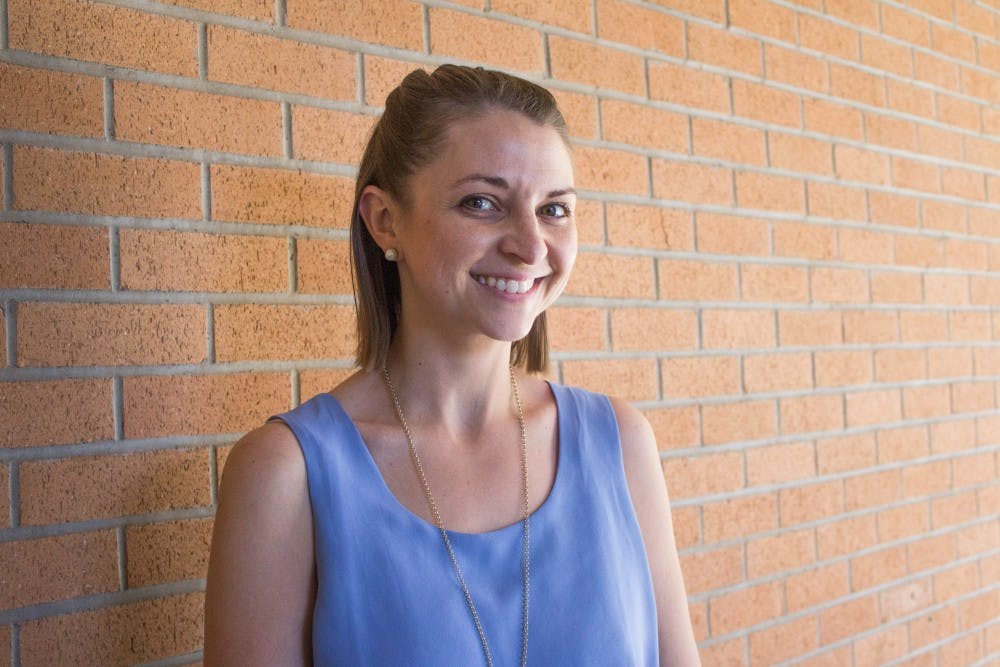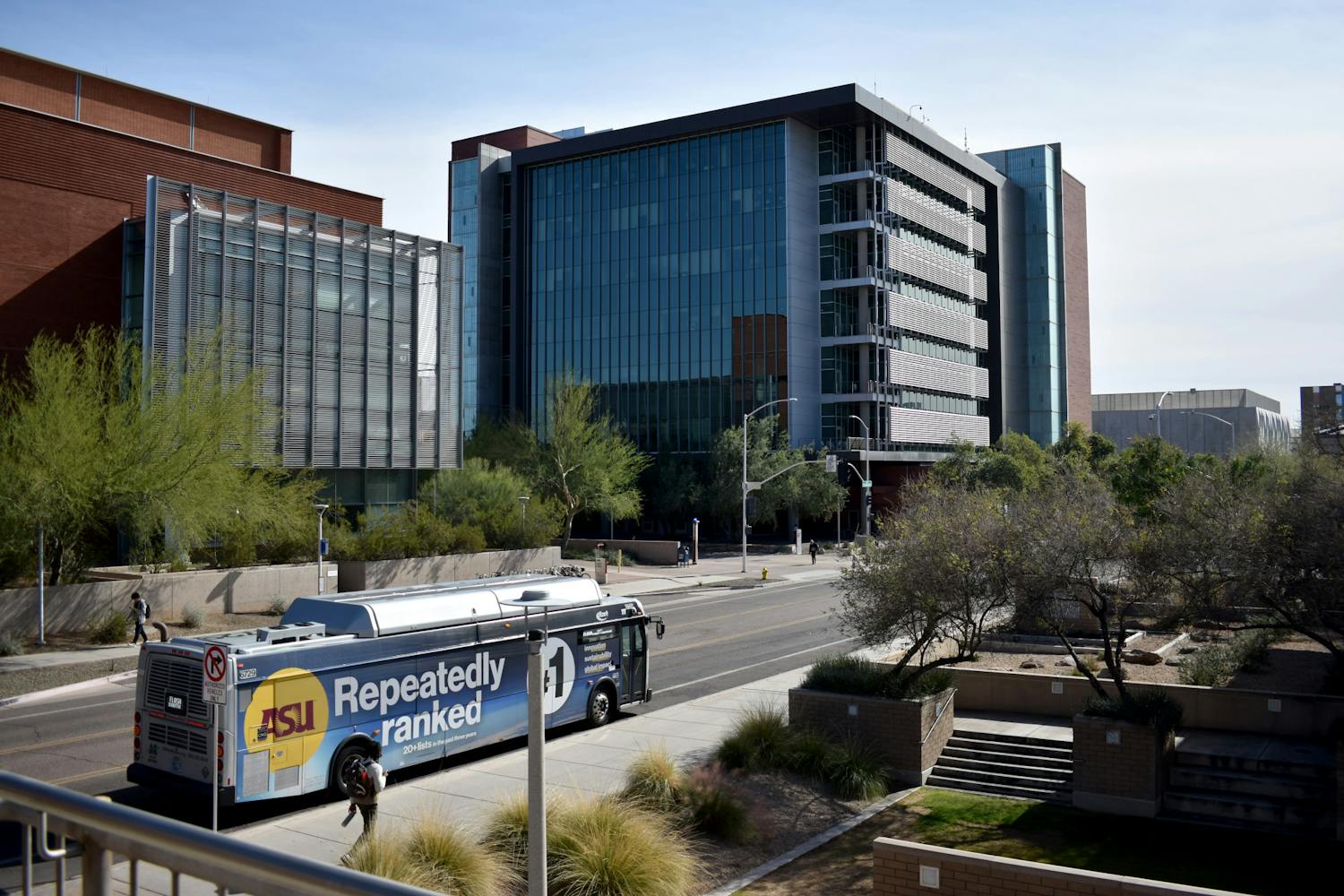An ASU psychologist is addressing prejudice in how the legal system treats individuals with mental illnesses when they stand trial — and even how the clinicians assigned to help those individuals and lend expertise can introduce bias to the process.
Tess Neal, an assistant professor at ASU's School of Social and Behavioral Sciences who's been with the University for three years, does research at the intersection of psychology and law. In addition, she is the head of the Clinical and Legal Judgement Lab on ASU's West campus and a trained forensic psychologist.
Neal advocates for individuals with mental illnesses to participate in the trial process and addresses how judgment from even trained clinicians on clients with mental illnesses can mislead courts and juries.
“My goal is to help the court and the practitioners understand when their judgement is bias and when they can minimize their bias in their clinical judgments,” Neal said.
At the invitation of the Arizona Supreme Court, Neal brought this message to the Legal Competency and Restoration Conference for Mental Health Professionals in downtown Phoenix on April 17. The conference is required training for professionals such as social workers, lawyers, psychiatrists and other experts hoping to be hired by the Arizona Supreme Court.
Witnesses, defendants and plaintiffs with mental illnesses who can't stand trial are guided and assessed by psychologists and or mental health experts through the court. Neal’s research focuses on how biased medical assessments and opinions during this process can mislead the court and jury.
“The 1960’s deinstitutionalization movement in the U.S. moved people out of mental health institutions and into the community, but since there were never community core services that support mental illness — prisons have become the new mental institutions,” Neal said.
Neal said this is a prevalent issue in society.
“People with mental illness that do not receive good care end up in the hand of the legal system leading to our jails and prisons ... treating more people with mental illness than hospitals," she said.
Nick Schweitzer, associate professor and director of ASU's Program on Law and Behavioral Science, has been working with the University for 10 years.
With a master's and doctorate in psychology from ASU, Schweitzer’s research focuses on how juries can be biased and easily persuaded in court when they lack knowledge on complex cases that require mental or medical expertise.
Schweitzer's current work examines how medical technology such as brain scanners can inaccurately link certain patterns of brain activity to mental health problems.
“So much technology is coming out and the courts want to know how the jurors are persuaded when experts show brain scans of their client," Schweitzer said. "The courts want to know if that is prejudicial and misleading the jurors."
Schweitzer said these brain scans are displayed in court, and sometimes experts advertise to lawyers and diagnose patients depending on what their personal perspectives are, leading to misconstrued and inaccurate diagnoses that the jury then uses in their decision.
“There is also a problem with medical doctors working with the motives of law firms for business and law firms hiring multiple doctors ... and choosing the doctor’s medical opinion that most agrees with the lawyer’s initial argument and bias," Schweitzer said.
ASU will be launching a doctorate program in law and psychology in fall 2018, Neal said. In 2017, the University launched the Program on Law and Behavioral Science. Neal is in part responsible for these initiatives coming to the University.
When she came to the University around three years ago, she gathered people in her field, including Schweitzer, to bring a program involving psychology, forensics and law to the University.
Andre Mansion, a clinical psychology and law doctoral student who's worked alongside Schweitzer, said the University didn't have a program that united those disciplines until recently.
“Before Tess came along, we did not have a program where psychology was focused on forensic and legality,” Mansion said.
Mansion is in his last year of working on a dissertation that focuses on the differences between defending heterosexual and bisexual youth and mechanisms of behaviors between those two groups. His seeks to improve the criminal justice system through his work and research.
Mansion, who is based in Washington, D.C., works in mental health and justice policy through non-profit work, lobbying and advocacy.
He said research and science can be better used in the judicial system.
"Instead of finding science to back up what is already rationalized, it is important to take science to inform and decide how policy can address issues,” Mansion said.
Reach the reporter at Masai.Hunter@asu.edu or follow @masaihunter95 on Twitter.
Like The State Press on Facebook and follow @statepress on Twitter.




